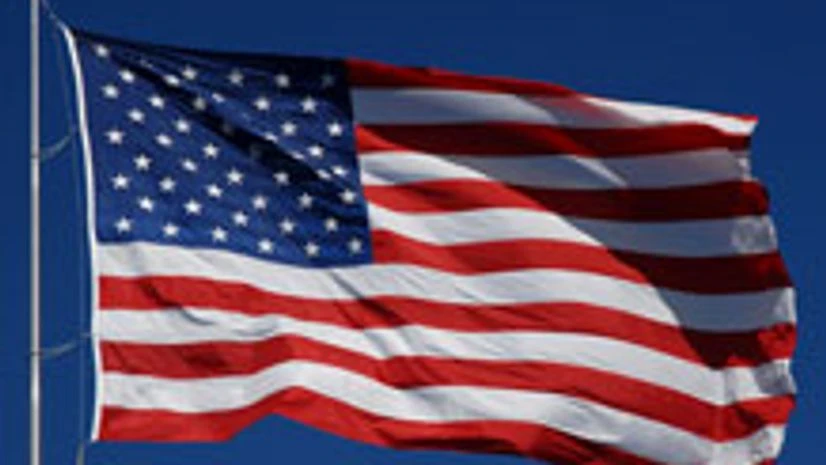Stating that the Obama Administration has an economic agenda for the Asia Pacific region, a top White House official has said that by 2016 the US intends to dramatically increase its export to the region.
"By the end of 2016, we aim to transform our economic relations with the region through dramatically increased US exports, the implementation of the most ambitious American free trade agreement in decades, and closer cooperation with China, India and other emerging economies in pursuit of sustained global growth," the US National Security Advisor, Susan Rice said yesterday.
"Our own economic future is inextricably linked to that of the Asia-Pacific. A full quarter of the goods and services exported by the United States are bound for Asia and about 30% of our imports come from the region," Rice said in her major foreign policy speech on Asia at the prestigious Georgetown University.
More From This Section
"We're committed to growing these numbers while making sure the benefits are broadly shared," she said adding that as a Pacific nation, the United States is working to shape a more dynamic future for the entire region by promoting US businesses and forging new ties of commerce.
Rice said driving a global economic recovery that creates jobs here in the US and addresses the kind of trade imbalances that contributed to the economic meltdown in the first place will require hard work on both sides of the Pacific.
"For the United States, that means boosting our exports and continuing to bring down our budget deficit. For countries in Asia, it means shifting the focus from overseas markets to strengthening their domestic sources of demand," she said.
"Our foremost economic goal in the region is concluding negotiations for the Trans-Pacific Partnership and achieving congressional approval. The 12 nations that are part of the TPP negotiations represent more than 40% of global trade.So the rules we establish through this agreement will set the standard for future trade agreements," Rice said.
"It will take on unfair practices by state-owned enterprises and the regulatory barriers goods encounter at and behind borders. This will help level the playing field for everyone," said the top US official.
"We welcome any nation that is willing to live up to the high standards of this agreement to join and share the benefits of TPP. And that includes China. The TPP can be the core of a far broader agreement, expanding to countries across the Asia-Pacific," Rice said.
"To help realize that vision, we're working to negotiate a series of agreements with ASEAN that will put these countries in a better position to join high-standard agreement like the TPP, she said adding that ASEAN represents a economic bloc that contains some of the fastest-growing countries in Asia as well as some of its poorest.
"It will also foster an even greater trade and investment climate and opportunities for the United States in Southeast Asia," Rice added.

)
